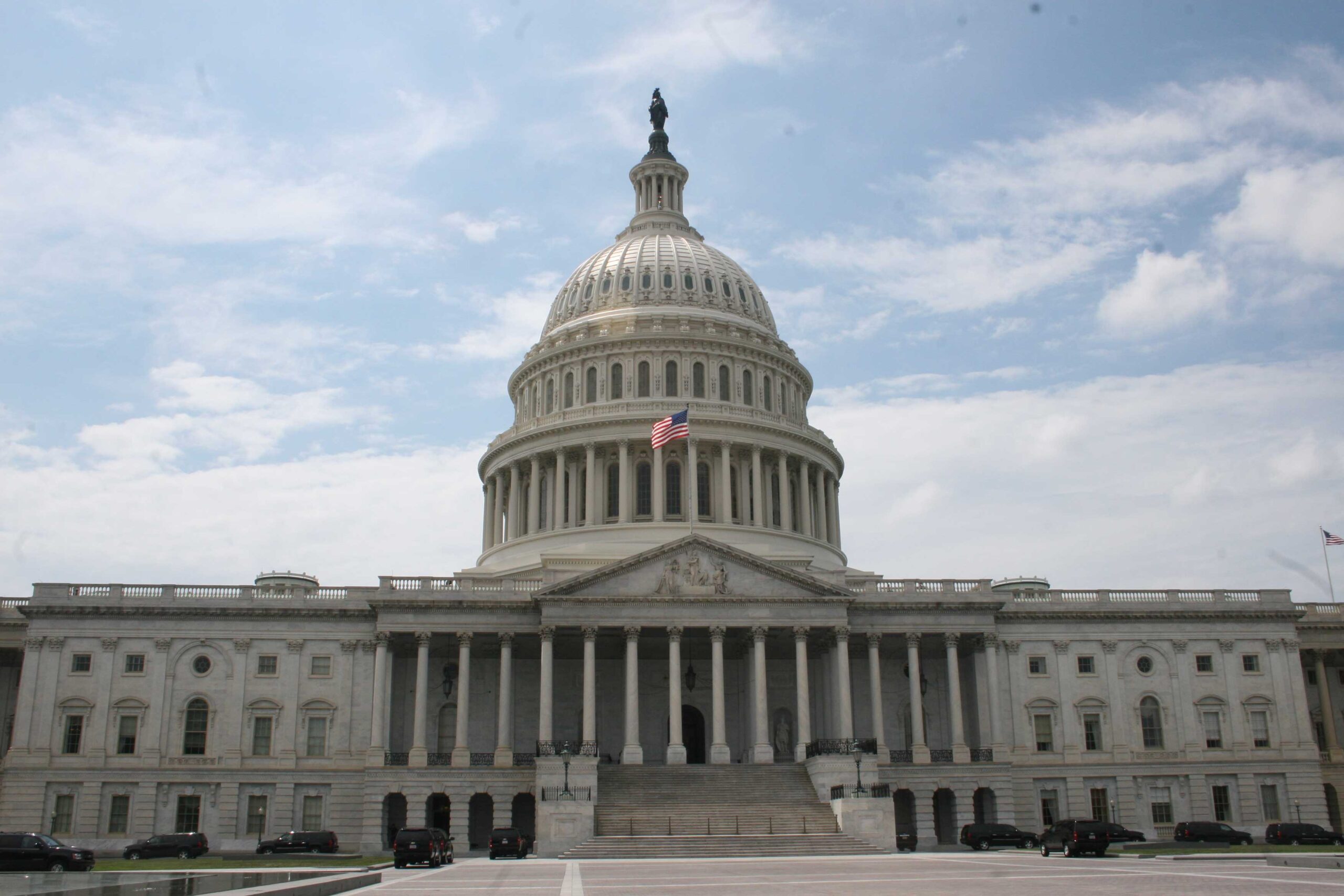Congress returned from recess last week, and attention now turns to negotiations over the fiscal year 2026 (FY2026) federal budget. While both chambers generally preserve Department of Housing and Urban Development (HUD) programs, there are notable differences in funding levels and policy provisions.
Key Highlights
Appropriations Bills Maintain Existing Program Frameworks
The House and Senate FY2026 appropriations bills do not adopt the Administration’s proposal to restructure and consolidate key HUD programs that support the delivery of supportive housing. The Administration’s proposal included merging the Continuum of Care and HOPWA programs with the Emergency Solutions Grant program, converting Tenant-Based and Project-Based Rental Assistance into block grants, and imposing new time limits on assistance. Implementing such changes would require modifications to existing law, which cannot be accomplished through the appropriations process. Neither chamber advanced these proposals and instead maintained current program structures.
FY26 Funding Bills – Highlights and Differences
House
The House appropriations bill allocates $67.8 billion to HUD, a $939 million decrease from the FY2025 continuing resolution. While key programs such as Housing Choice Vouchers and Homeless Assistance Grants see modest increases or remain level, the bill eliminates funding for the HOME program and the Youth Homelessness Demonstration Program (YHDP), reduces funding for public housing and fair housing activities, and rescinds unspent funds. Additionally, Family Unification Program (FUP) vouchers are reserved exclusively for youth aging out of foster care, narrowing eligibility compared to prior years.
Senate
The Senate appropriations bill allocates $73.3 billion to HUD, $3.3 billion above the FY2025 continuing resolution and $5.5 billion more than the House proposal. This funding level reflects the Senate’s intent to maintain most HUD programs at current levels or provide modest increases to address inflation and market conditions. The bill includes $30 million for Family Unification Program (FUP) vouchers, with $25 million designated for youth aging out of foster care and $5 million for families. It also continues $100 million in one-time grants to Continuums of Care (CoCs) for the capital development of supportive housing units and encourages leveraging other funding sources. Additionally, the Senate provides $43 million for cost-of-living adjustments for service provider staff under the CoC program and proposes a two-year Notice of Funding Opportunity (NOFO) to reduce administrative burden and improve funding predictability.
Emergency Housing Vouchers
Neither the House nor Senate FY2026 appropriations bills include new funding for the Emergency Housing Voucher (EHV) program. The House authorizes Public Housing Agencies (PHAs) to use Tenant Protection Vouchers (TPVs) to support households currently assisted through EHVs. The Senate directs HUD to assist PHAs in transitioning EHV households into other forms of rental assistance, such as Housing Choice Vouchers, and to provide technical assistance to support this process and minimize disruptions.
Looking Ahead
A government shutdown before the end of the year remains a possibility. A Continuing Resolution (CR) could be introduced to extend current funding. Like the FY2025 budget, a full-year CR is also possible, which may maintain existing funding levels with limited adjustments.
There is still time to contact your members of Congress and urge them to support strong funding for supportive housing in the FY2026 budget.
CSH will continue monitoring developments and advocating for policies that strengthen and expand supportive housing. We are committed to advancing evidence-based solutions that help communities create stable, affordable homes with services for people experiencing homelessness and housing instability.




